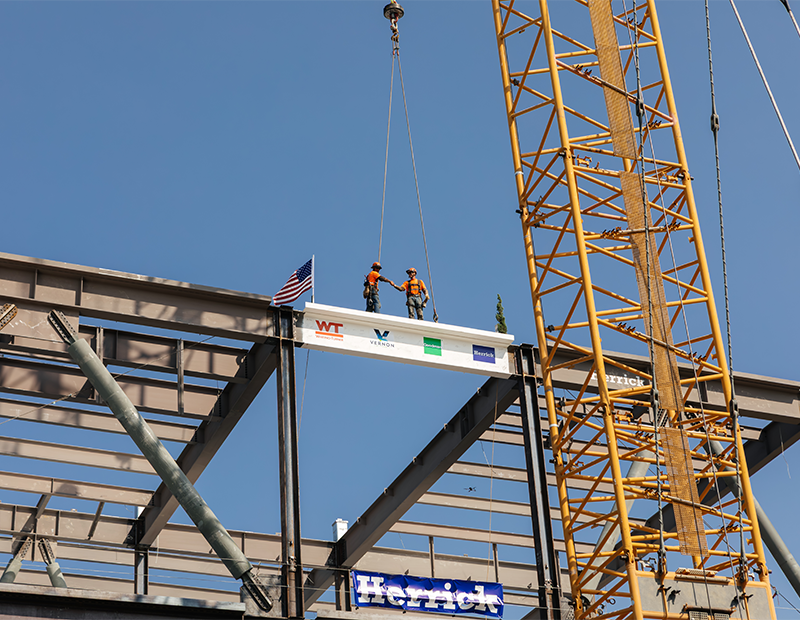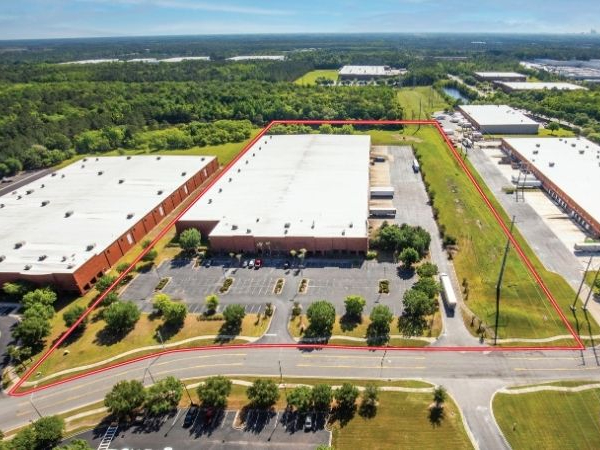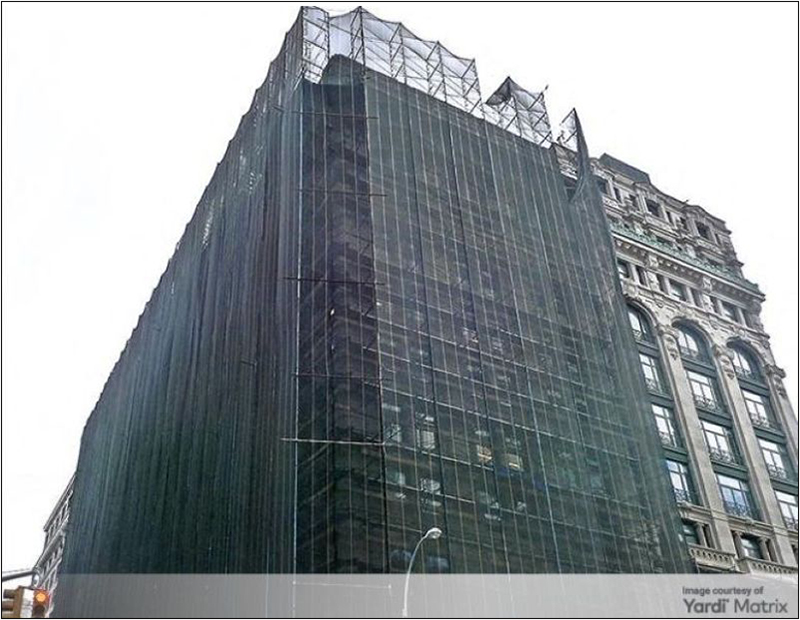Tech Tenants Likely to Shed Significant Office Space: Savills
A survey of 250 companies found that a majority of respondents expect to dispose of at least some portion of their office space in the next 12 to 18 months.
Technology tenants are likely to shed office space in the near future while also expected to normalize remote work in the long term, according to a new report from Savills’ Technology Practice Group.
READ ALSO: Office Changes Are Here to Stay, NAIOP Panel Predicts
The survey of 250 mostly U.S.-headquartered tech tenants asked how the arrival of the pandemic has affected their office space needs in the near term, what their workforce growth was and when they planned to return to the office.
The survey found that 55 percent of respondents expect to dispose of at least some portion of their office space in the next 12 to 18 months. Further, 82 percent anticipate needing less space over the same period than they’d projected before the pandemic.
Nearly one-third (30 percent) of respondents told Savills they expected headcount to grow more slowly than expected, and a further 17 percent said they’d projected growth, but because of the pandemic, now foresee just a steady headcount.
When companies were asked about a return-to-office target date, the most common answer was January 2021—at the earliest. About a quarter (26 percent) of respondents said they do not plan to return to normal in-office operations before there’s a COVID-19 vaccine.
One quote from the survey, from a tech firm in metro Washington, D.C., stated: “We love having office space to collaborate, however, our company has been operating wonderfully remote and feel it’s irresponsible to bring people back in, given the nature of our work, until risk is all but eliminated.”
The survey also found that these tech companies are now much more open to remote working than before the pandemic. Nearly all (94 percent) said that part-time remote work will be normalized, and 76 percent said the same for full-time remote work.
In terms of workplace design, 34 percent of respondents expect that their organization will require more square footage per seat. Before the pandemic, 46 percent of respondents operated in an open office setting, but now only 22 percent expect to keep that layout after the pandemic.
A mid-sized Silicon Valley tech firm said, “We do expect to see a higher percentage of work from home, probably on a part-time basis … and envision where we utilize a hoteling concept rather than permanent desk assignments.”
Balancing act
So how is more working at home versus lower office densities likely to play out?
“In truth, it’s too early to say; the counterbalance of a larger (work-from-home) contingent coupled with the de-densification of space in theory would dictate less of an impact to the market,” Zev Holzman, executive managing director at Savills, told Commercial Property Executive.
“However,” he continued, “while a significant portion of tenants think they will de-densify in next-gen layouts and buildouts, few have gone ahead with planning or execution in a material way, mainly because companies don’t know yet when they will return, and what the environment will be like once they do, and are therefore reluctant to commit capital at this stage to renovating facilities.”
Read the full report by Savills.








You must be logged in to post a comment.